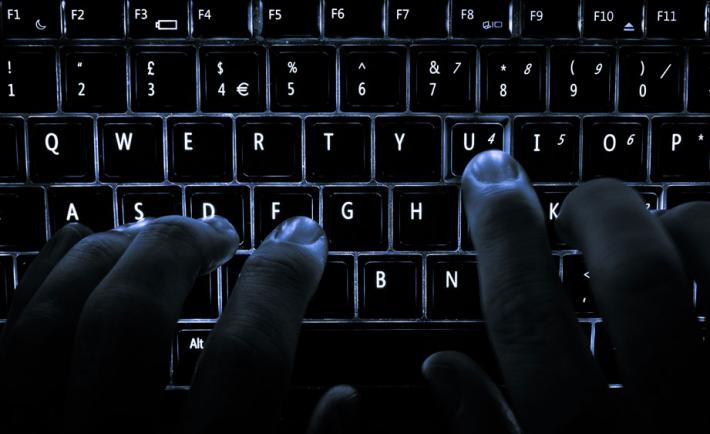Editor's Note: Scott Hubli, NDI director of governance programs, also contributed to this post.
Headlines are warning us about Russian “mischief” in the U.S. elections. The U.S. Department of Homeland Security and the Director of National Intelligence have said they are confident that the Russian government is behind hacks into US email accounts and that cyber-probes of some state election systems may also be traced to Russia. A group of prominent national security and defense experts has predicted that Russian hackers will use the stolen emails to build credibility, then leak fake documents in order to manipulate voters’ opinions and, possibly, choices at the ballot box.
These cyber-espionage and disinformation campaigns sound like the stuff of spy novels, except they’re real. What’s going on?
Washington Post editor Jackson Diehl offers a plausible explanation in an Oct. 16 opinion piece: Putin may be trying to deliver to the American political elite what he sees as “a dose of its own medicine.”
According to this view, the U.S. elections are fair game for “meddling” since democracy assistance organizations from around the world have engaged in elections in other countries, Russia among them.
Make no mistake: Democracy assistance has absolutely nothing in common with the cyber-hacking and disinformation efforts that top intelligence and security experts are now warning us about. To compare them is to commit a dangerous false equivalency. It’s a bit like saying that a doctor who prescribes a cure and a doctor who administers poison are morally equivalent because they both attended to the patient.
Consider what elections look like in authoritarian countries. Opposition political parties are harassed, delegitimized, and frequently barred from the ballot. Those opposition parties that manage to register find they are unable to communicate with voters -- their campaign activities are shut down and they are denied access to the state-run media. The media itself is muzzled. Citizens are intimidated or bribed into voting as the regime sees fit. Civil society groups seeking to monitor the process are shut down and persecuted, and in some cases their leaders are sent to prison. Election administrators, prosecutors and judges answer directly to the regime. In short, voters are denied the right to express their free will; results are predetermined. These are elections in name only. They violate numerous international conventions, including the Universal Declaration of Human Rights. They bear only the most superficial resemblance to the admittedly messy, but competitive, fair and fundamentally democratic exercises that take place here in the U.S.
When democracy assistance is employed in other countries, the objectives are to promote integrity and to help ensure that the process supports citizens’ fundamental right to express their political will freely. That means responding to requests from governments, parliaments, political parties, civic groups, and election administrators to help promote transparency, participation and accountability in the elections – first and foremost so that basic human rights are defended, but also so that everyone involved can have confidence in the outcome. The purpose of these efforts is to help give voice to people who would otherwise be excluded from the process due to a tilted playing field that virtually guarantees the incumbent regime will win, often with grossly inflated turnout figures and victory tallies above 90 percent. The providers of this assistance are governments, intergovernmental organizations and nongovernmental groups. Democratic leaders welcome this kind of international support because they understand that credible elections are a pillar of their countries’ stability and sovereignty.
This approach is in stark contrast to foreign interventions that appear designed to undermine confidence in elections, tip the scales and skew electoral outcomes, through a combination of misinformation, subterfuge, and hacks. As the U.S. elections come to a close, it will be important for all Americans to reject these tactics and the false equivalencies that attempt to obscure them.
A democracy activist once equated democracy with oxygen: people take it for granted until they begin to find it lacking, at which point it becomes exceptionally precious. Perhaps this election cycle, with its unprecedented threats, will provide a wake-up call to a country that has started taking its democracy for granted -- a momentary lack of oxygen that may inspire leaders and citizens to recommit to efforts to strengthen and renew democratic institutions, both at home and abroad.

